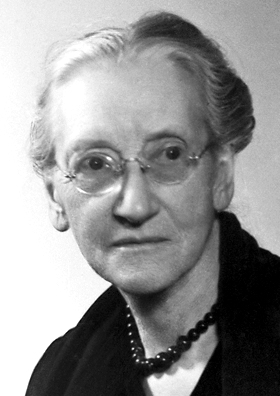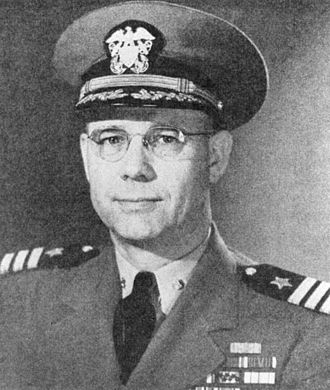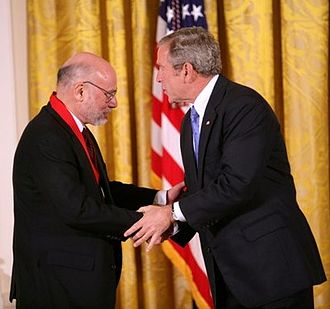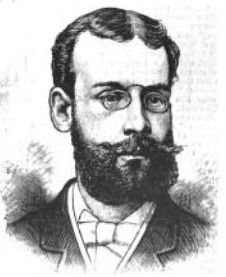Balch Last Name Origin, History, and Meaning
Where did the surname Balch come from? What does the surname Balch mean? Discover the history and meaning of the last name Balch and family migration on YourRoots Map.
Surname Balch Origin: What does the last name Balch mean?
The surname Balch, originating from England in the early 14th century, has a rich history and widespread presence. Derived from common knowledge, the Balch surname signifies a prominent family line that has expanded over the centuries. YourRoots data indicates that the Balch family records have been documented in the United States, England, Canada, Australia, and other countries, showcasing its global spread and continued significance.
Balch Last Name History: Where did the last name Balch come from?
Origin of Balch Surname: Where does the last name Balch originate from?
According to YourRoots data, the surname Balch first appeared in records from England around the early 14th century. Please note that this reflects only YourRoots data for the exact Balch spelling and does not include other record sources or surname variations.
History of the Last Name Balch: What does the Balch surname history look like in the early days?
The Balch surname started growing significantly in England from the 14th to the 17th centuries. YourRoots data also shows Balch family records in the United States during the 18th and 19th centuries, indicating a spread to other regions over time.
Global Spread: Where can we find the Balch surname today?
By the 20th century, the volume of records with the Balch surname grew significantly in the United States. The Balch surname remains prominent in the United States. It appears in many countries, including those like England, Canada, Australia, and others based on YourRoots data.
Explore Balch last name heritage and Balch surname origin based on YourRoots Map data
 VIEW THE ORIGIN OF SURNAME BALCH
VIEW THE ORIGIN OF SURNAME BALCHFamous People With Balch Surame?

Emily Greene Balch
Emily Greene Balch (January 8, 1867 – January 9, 1961) was an American economist, sociologist, and pacifist known for her work in social issues and peace activism. She was a central leader of the Women's International League for Peace and Freedom and won the Nobel Peace Prize in 1946. Balch's dedication to uplifting the marginalized and promoting global peace made her a significant figure in the international peace movement.

Antony Balch
Antony Balch (10 Sep 1937 – 6 Apr 1980) was an English film director known for collaborating with Beat Generation author William S. Burroughs in the 1960s. Balch directed the 1970s horror film "Horror Hospital" and worked on experimental films like "Towers Open Fire." He was a pioneer in distributing art, horror, and exploitation films, releasing cult classics such as "The Corpse Grinders" and "Invocation of My Demon Brother." Balch's unique approach to filmmaking and distribution set him apart in the industry, making him a notable figure in the world of underground cinema during the 20th century.

John Henry Balch
John Henry Balch (January 2, 1896 – October 15, 1980) was a United States Naval Reserve officer who received the Medal of Honor for his bravery during World War I. Serving as a Pharmacist's Mate, he risked his life to establish aid stations under heavy fire, saving many wounded Marines. Balch's exceptional courage and dedication earned him multiple decorations, including the Distinguished Service Cross and three Silver Stars. After retiring as a commander, he was honored with the renaming of the Naval Health Clinic at Quantico, Virginia in his memory. Balch's legacy lives on in the short documentary "John Henry Balch: Congressional Medal of Honor," showcasing his heroic actions.

Stephen Balch
Stephen H. Balch (January 31, 1944 - ) is an American conservative scholar and higher education reformer. He founded the National Association of Scholars and has been involved in various academic organizations promoting excellence and reform in higher education. Balch has received recognition for his work, including the National Humanities Medal and the Jeane Jordan Kirkpatrick Academic Freedom Award. He is known for his advocacy for reasoned scholarship and leadership in upholding the traditions of higher education. Balch continues to be active in academia, serving on various boards and contributing to the study of free institutions and Western civilization.

William Ralston Balch
William Ralston Balch (December 9, 1852 – March 7, 1923) was an American journalist and author known for writing reference works like "The Complete Compendium of Universal Knowledge." He also contributed to the London Daily Mail and was a founding editor of The American. Balch's encyclopedias, including "The People's Dictionary" and "Every-day Encyclopedia," were popular in the late 19th century. He passed away in Somerville, Massachusetts, leaving behind a legacy of informative publications and journalistic contributions.
All images displayed on this page are sourced from Wikipedia or Wikimedia Commons.We use these images under their respective Creative Commons or public domain licenses. Wherever applicable, author attributions and license information are provided. If you believe an image is used incorrectly or outside its license terms, please contact us so that we can review and correct the issue.




.png)